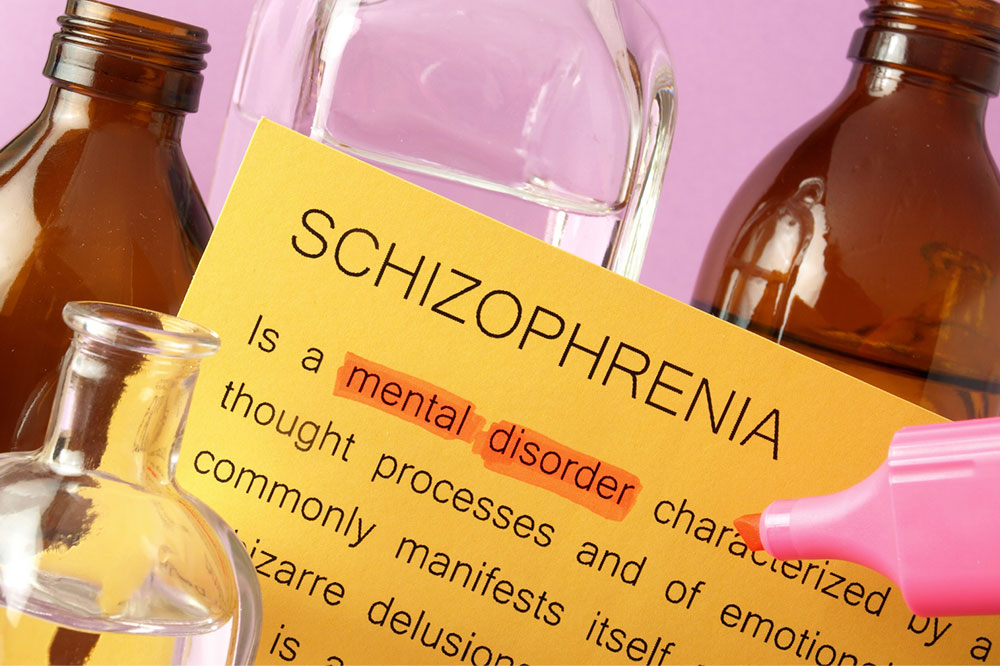Schizophrenia – Causes, symptoms, and treatments

A severe mental disorder, schizophrenia impacts how an individual thinks, reacts to emotions, and perceives reality. It results in a variety of symptoms including delusions, hallucinations, and paranoia that can cause the patient to isolate themselves from the rest of the world. At present, roughly 1% of the total population suffer from this mental disorder.
Schizophrenia cannot be cured, however, it can be managed with the help of medications and therapy. This disorder can affect anyone. It typically develops in men during their late teens or early twenties. On the other hand, in women, the symptoms of schizophrenia begin to surface during their twenties or early thirties.
The following are some commonly observed symptoms of this condition:
- Delusions: People suffering from schizophrenia often have delusions that can impair their day-to-day life. For example, they might believe they are being subjected to unjust prejudice, or they are exceptionally famous, or a big disaster is about to occur.
- Hallucinations: Typically, patients experiencing schizophrenia mention seeing things or hearing sounds and/or voices that don’t exist. Hallucinations can also involve smelling strange odors or experiencing odd sensations in the body.
- Disorganized speech: Schizophrenia impairs the brain’s ability to think clearly which leads to disorganized speech. Simply put, the patient will talk about things that are completed or partially unrelated to the current conversation. In rare cases, they might put together random words that don’t make sense.
- Abnormal motor behavior: This symptom can manifest in a number of ways. For example, the individual might act silly, be unnaturally childish, or get absurdly angry. Since the behavior isn’t directed towards a goal, it can become tough to manage routine tasks as one might disobey instructions, not respond, keep repeating movements, and hold an awkward pose for a long time.
- Negative symptoms: The negative symptoms of schizophrenia refer to the diminished ability to do things normally. For instance, the person may always have a nonchalant expression on their face, they may speak in a monotone, not make eye contact while talking, and neglect their personal hygiene. This can also cause them to withdraw from social engagements.
The doctor will run a few tests of medical tests and conduct a physical exam to be sure of the condition and rule out other conditions. The patient then might be referred to a psychiatrist to evaluate the extent of this disease. symptoms are observed for more than six months, then the diagnosis of schizophrenia.



